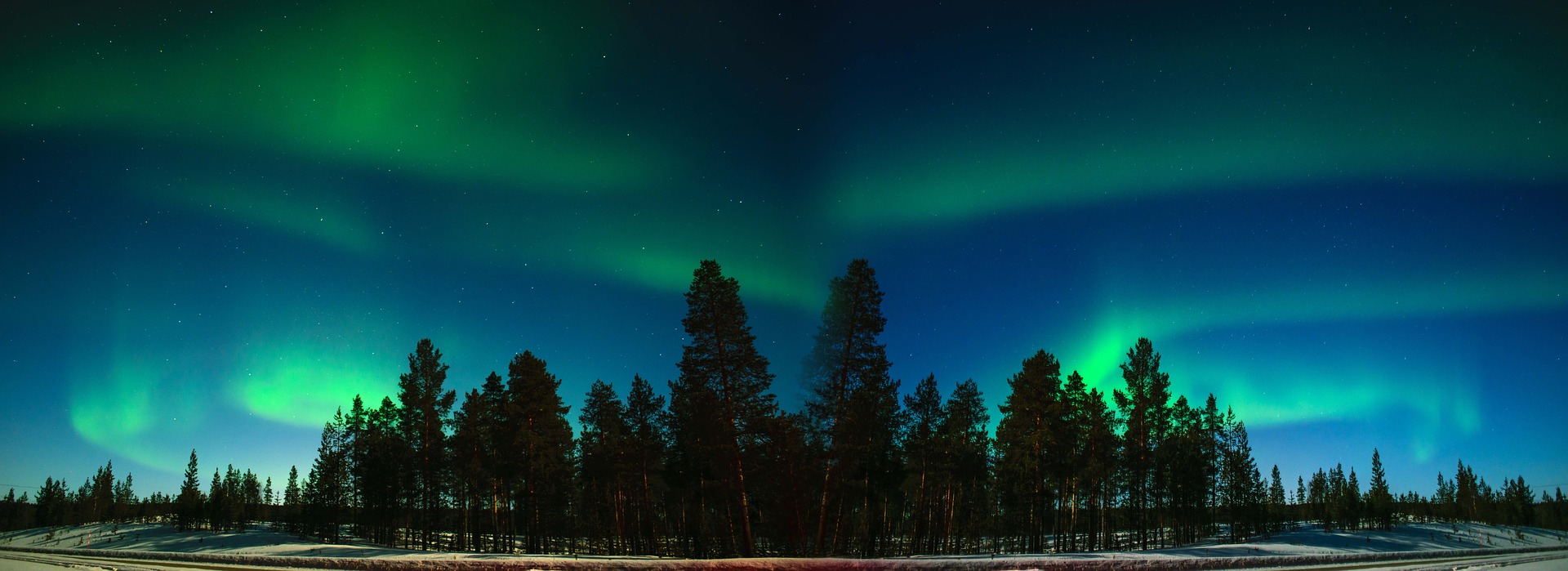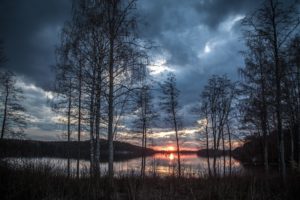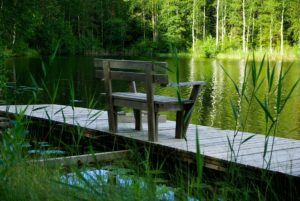
Why Is Finland The Greenest Country In the World?
Recent news about the extent of environmental degradation has been eye-opening for many. With microplastic pollution reaching the most faraway corners of our planet and arctic ice melting at a rapid pace, it is becoming clear that we must take action right now. In the stark words of former UN General Secretary Ban Ki-Moon, “There is no plan B as there is no planet B.”
However, in times like this, what we really need isn’t yet another round of depressing news. What we need are inspiring examples – such as Finland. According to the Environmental Performance Index (EPI) 2016, Finland is the greenest country in the world. So what exactly are the Finns doing right, and how can others follow in their footsteps?

Measuring the environment
The Environmental Performance Index is a method developed to measure the environmental quality of countries in numbers. Each individual country is given an EPI score based on multiple factors such as air quality, biodiversity, CO2 emissions and change in forest cover. In 2016, Finland had the highest EPI score in the world (90.68 out of 100), closely followed by fellow Nordic states Iceland and Sweden.
Finland’s high score was due to its strength in a number of factors: excellent air quality (in a world where WHO estimates 92% of the population lives in places where air pollution exceeds safety limits, this is a very precious resource indeed), thousands of lakes with healthy waters, and one of the densest forest covers in the world. And the list goes on. Nonetheless, the most important thing here is not the individual factors, but the fact that they are supported by a society committed to protecting the environment.
Comprehensive commitment
According to the EPI report, the environmental policy goals set by Finland are tough but practical. The key goal is to achieve a carbon-neutral society by 2050. Under that overarching goal, progress is made by setting smaller objectives aimed at protecting the environment and carefully measuring the success of their implementation. However, the core strength of Finland is that the society as a whole is committed to protecting the environment.
In addition to legislation and government policies, Finnish businesses and the civil society are also active in introducing sustainability initiatives. For example, the Helsinki-based Uusix workshop offers long-term unemployed people the opportunity to work converting and repairing recycled materials into newly useable items. Many other companies have shifted their focus on renewables. This year, use of renewable energy is set to surpass that of fossil fuels for the first time. Businesses are proactively rising to the challenge set by the government to reach 50% renewable energy consumption by 2030.
It’s all coming together because different sectors of Finnish society are supporting each other in pursuit of a greener tomorrow. The key question to ask is – why is that?

A deep appreciation for nature
From an early age, Finns learn that the forest is a special, almost meditative place. Going into the forest to forage, hike or just breathe is a national pastime across all age groups. The Finnish term “jokamiehenoikeus” refers to the “freedom to roam,” the right of anyone to explore any part of the land, private and public. Because Finns tend to have such a close relationship with nature, it seems obvious to them that it is something worth protecting. It is surely no coincidence that Finland also has the cleanest air, water, etc. in the EU. Finns strive to protect the environment not just because of laws or social obligations, but because they genuinely feel it’s worthwhile.
Start from reconnecting yourself with nature
When it comes to big things that affect everything on this planet, such as environmental degradation, it is easy to fall prey to thinking that individual action does not matter. But that is simply not true – protecting the environment needs to start from the grassroots level, from the citizens wanting to make things better for their own sake.
Finland is a small country on the global scale, but they provide the world with an important lesson. In order to achieve a greener tomorrow, we need to find a connection with nature. That way, committing to a more sustainable lifestyle – even if it makes life less “convenient” at first – will not be a sacrifice but an act of love.



